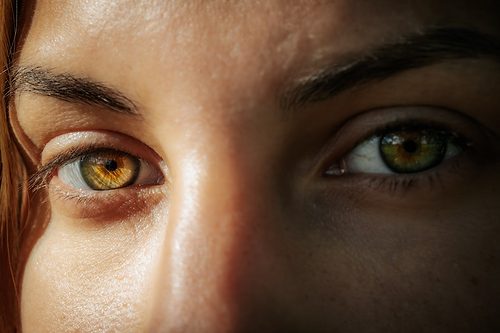Articles Tagged with ''antipsychotics''
Atypicals Roughly Equivalent to Molindone for Youth Psychosis
Section editor, Glen Spielmans, PhD
Read More
Vanda’s antipsychotic candidate iloperidone rejected by FDA
Section editor, Glen Spielmans, PhD
Read More

_-The-Breakthrough-Antipsychotic-That-Could-Change-Everything.jpg?1729528747)



